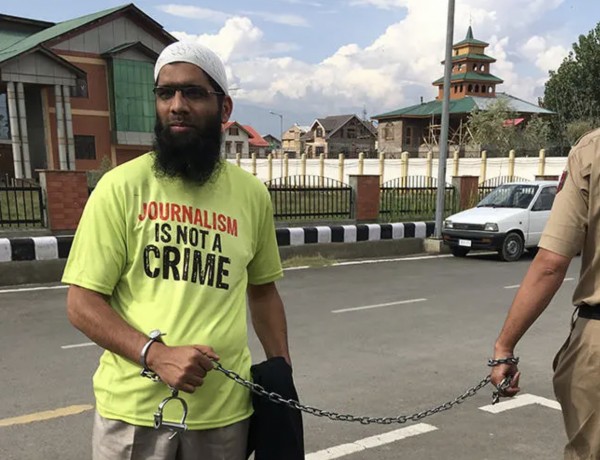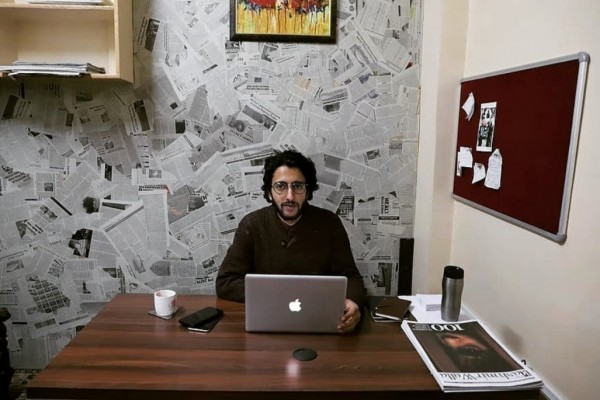September 5 marked four years since the murder of prominent Indian journalist Gauri Lankesh, the founding editor of the Kannada-language weekly tabloid Gauri Lankesh Patrike. She was shot dead outside of her house in Bangalore, an act thought to have been carried out by far-right Hindu nationalists. The same group is allegedly linked to the murders of three other left-wing activists.
Over the years, 18 people have been arrested as part of the investigation, but the court cases against the accused are still dragging on and no convictions have been made. Six offenders are currently charged under the Karnataka Control of Organised Crime Act 2000 (KCOCA), a law enacted to combat organized crime and terrorism.
Today marks 4 years since the murder of Indian journalist Gauri Lankesh, who was shot outside her home on Sep 5, 2017.
No one has been convicted of her killing. IPI calls for an end to the unacceptable impunity in her case. https://t.co/CUHgIE9HQW pic.twitter.com/ankFrBZwg1
— IPI – The Global Network for Press Freedom (@globalfreemedia) September 5, 2021
The IPI global network is renewing its call on local authorities to end impunity in killings of journalists and to promptly convict all perpetrators in Lankesh’s murder case.
“IPI calls on Indian authorities to redouble their efforts to find and hold responsible all those involved in the murder of Gauri Lankesh, including the masterminds behind this crime”, IPI Deputy Director Scott Griffen said. “Four years later, the continuing impunity for Gauri’s killing jeopardizes the work and safety of journalists in India and is a serious stain on the right to free expression and press freedom.”
Lankesh was known as a vocal critic of Hindu nationalism, the caste system and far-right politics. She received several threats for her writing and in 2016 she was sentenced to six months in prison for defamation charges brought against her by members of Bharatiya Janata Party (BJP), India’s largest political party, but avoided jail time after being granted bail.
Since Lankesh’s murder in 2017, at least 20 other journalists have been killed due to their work in India, according IPI’s Death Watch. In recent months arrests, legal harassment, physical attacks and surveillance have been an increasing issue for Indian journalists. IPI is concerned over the culture of impunity in India regarding crimes against journalists and arbitrary, extensive pre-trial detentions of journalists such as the case of Siddique Kappan.



